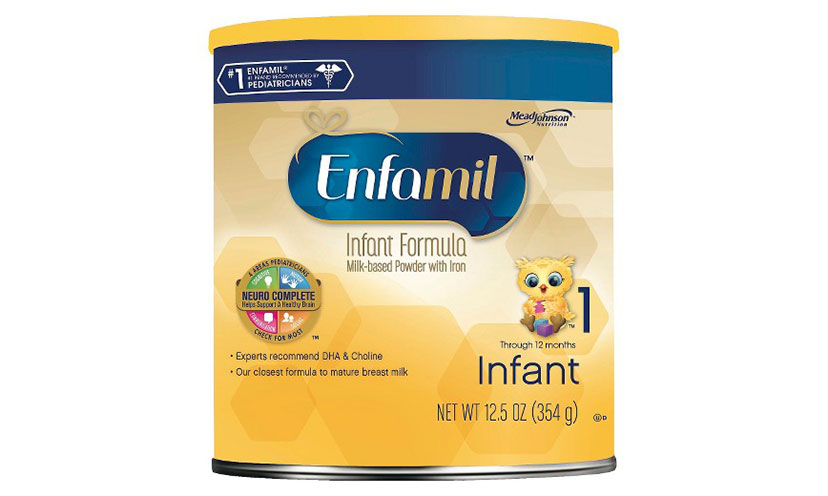
 You can also check this list of comparable formulas developed by an organization of pediatric gastroenterologists called NASPGHAN. Your pediatrician or other health care provider is always the best resource because they know your baby and their health history. If you need help figuring out which formulas you may be able to substitute:
You can also check this list of comparable formulas developed by an organization of pediatric gastroenterologists called NASPGHAN. Your pediatrician or other health care provider is always the best resource because they know your baby and their health history. If you need help figuring out which formulas you may be able to substitute: 
Call your pediatrician or other health care provider if you have questions.
If your baby is vomiting, has gas pains, is crying or can't be calmed down during feedings, is losing weight, has diarrhea, has blood or mucus in their poop, or is straining to poop, they may not be tolerating the new formula. Be patient, since it may take some time for your baby to get used to it. Slowly increase the amount of the new formula over time. Try slowly introducing small amounts of the new formula by mixing it with your regular formula. Keep in mind that your baby may seem to not like the taste, or may have a hard time tolerating a different formula, initially. 
Most babies will do just fine with different brands of formula, including store brands, as long as they're the same type, like cow's milk-based, soy, hypoallergenic (extensively hydrolyzed), or elemental (amino acid-based). Talk with your pediatrcian or other health care provider if you are having difficulty breastfeeding or finding infant formula. Note: Children younger than 6 months old should only drink breast milk or infant formula.







 0 kommentar(er)
0 kommentar(er)
